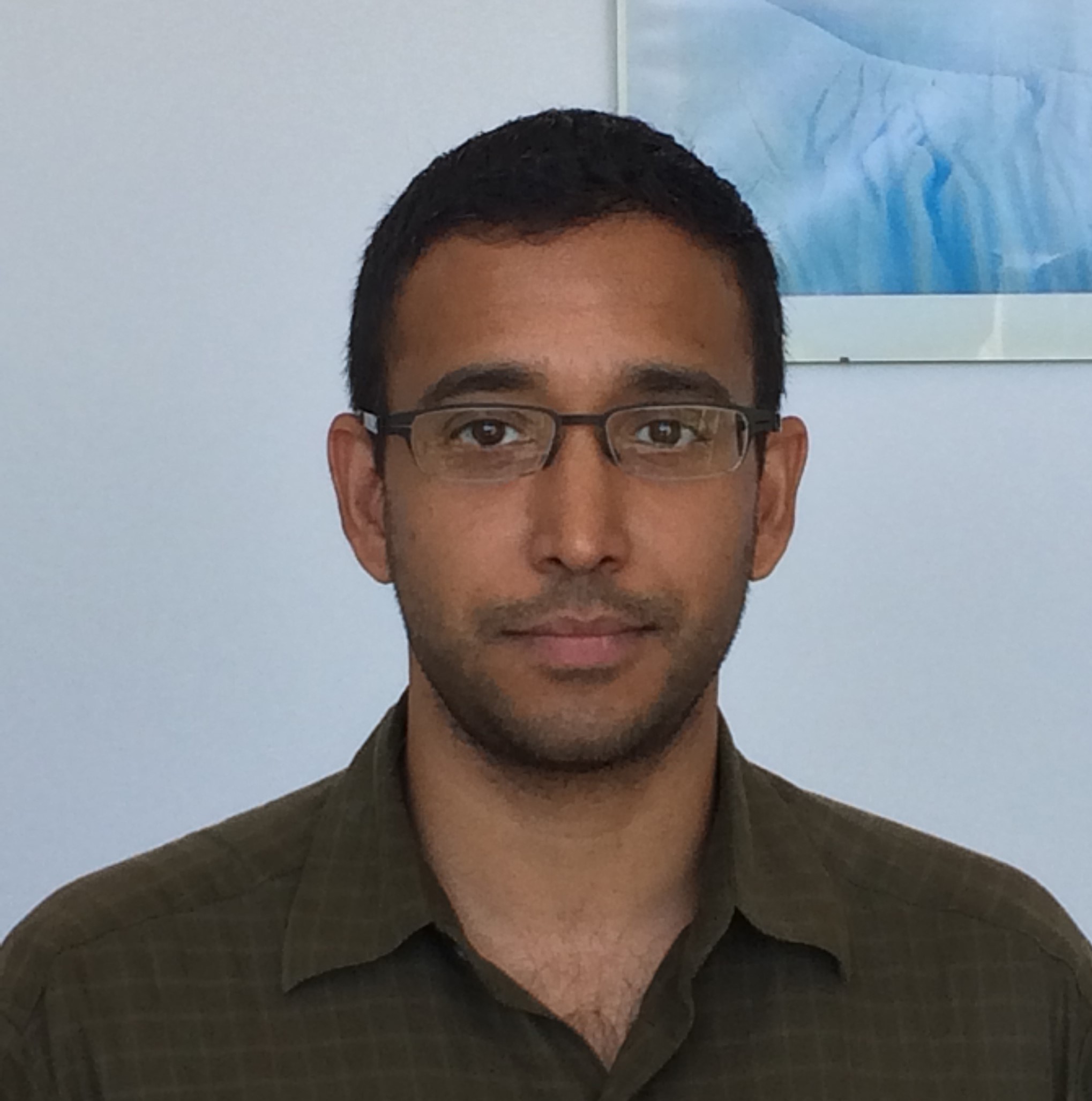
Understanding the neural basis of social attachment
Description
Wednesday, November 13, 2019
Time: 4:00 pm-5:00 pm, followed by reception
Speaker: Devanand Manoli, M.D., Ph.D.
Affiliation: Assistant Professor, Department of Psychiatry and Weill Institute for Neuroscience, Center for Integrative Neuroscience, Kavli Institute for Fundamental Neuroscience, University of California, San Francisco
Hosts: Emery Brown, Ph.D., Mriganka Sur, Ph.D., FRS
Talk title: Understanding the neural basis of social attachment.
Abstract: Social attachments play a central role in most, if not all, levels of human interaction, from parent-child attachment, friendship and social affiliation, to enduring partnerships with mates. Devastating conditions such as autism spectrum disorders (ASD) and schizophrenia often manifest with a collapse of inter-personal interactions. It has been difficult to study social attachment because traditional genetic lab model animals do not exhibit adult social attachment behaviors. Thus, the analysis of social attachment has been resistant to genetic and neurobiological approaches. Prairie voles, in contrast, display social attachment as adults, such that mating partners form an enduring pair bond and display complex attachment behaviors, such as social monogamy, bi-parental care, and stress responses when social bonds are disrupted. In humans and many species, the peptide hormones oxytocin and vasopressin facilitate social behaviors, and in prairie voles, also facilitate the formation of pair bonds between mates. We use targeted molecular genetics in voles to generate prairie voles with mutations in genes associated with pair bonding, as well as with psychiatric disorders such as ASD to understand how these genes function in the circuits mediating social attachment behaviors.

